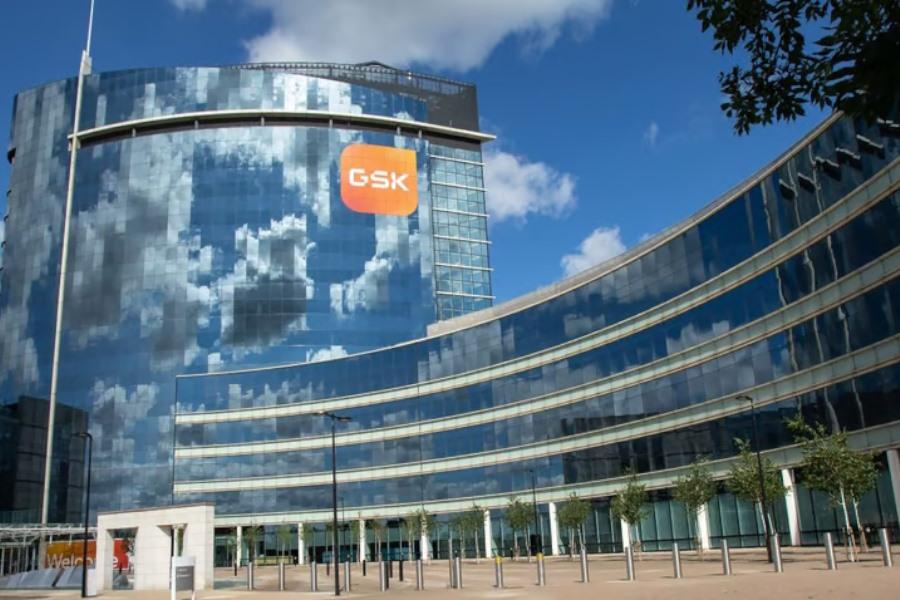Jemperli cleared for frontline use in endometrial cancer

GSK has claimed US approval for Jemperli alongside chemotherapy for previously untreated, primary advanced or recurrent endometrial cancer, becoming the first immunotherapy option for first-line use in these patients.
The green light means GSK has unlocked a niche for Jemperli (dostarlimab) that could help its quest to build the product into a $1 billion-plus blockbuster, although the label agreed with the FDA is narrower than the company originally hoped for.
Jemperli has been cleared to treat patients whose tumours have mismatch repair deficient (dMMR) or microsatellite instability-high (MSI-H) deficiency mutations, even though the RUBY trial that backed up the marketing application showed a benefit in an all-comer population.
By GSK's reckoning, there are around 60,000 new cases of endometrial cancer diagnosed each year in the US, with 15% to 20% of them at the advanced or metastatic stage. Of these, 20% to 29% are dMMR or MSI-H.
The FDA has approved the drug in combination with the standard first-line chemotherapy for endometrial cancer – carboplatin and paclitaxel – with Jemperli used on its own thereafter.
Adding the PD-1 inhibitor to chemo led to a 71% reduction in the risk of disease progression or death in dMMR and MSI-H patients in the RUBY trial, with the approval hailed as "practice-changing" by principal investigator Matthew Powell of Washington University School of Medicine.
The drug achieved a lower 24% reduction in patients without those biomarkers, in other words, those who were mismatch-repair proficient (pMMR) or microsatellite-stable (MSS).
The approval means GSK has won a race with MSD to get a PD-1 inhibitor approved for front-line endometrial cancer treatment. MSD has already reported data from its pivotal NRG-GY018 study of Keytruda (pembrolizumab), which showed a similar 70% reduction in a dMMR population, but so far, there's no word on a regulatory filing.
Both Keytruda and Jemperli already have approvals as monotherapies in second-line or later endometrial cancer settings, but approval in the first-line setting would unlock a larger eligible patient population.
GSK's drug was cleared by the FDA for use in relapsed endometrial cancer with dMMR mutations in 2021, while Keytruda got the go-ahead for relapsed cases with MSI-H or dMMR mutations last year.
Jemperli's earlier indications across endometrial cancer and dMMR solid tumours have generated modest revenues, coming in at £36 million ($46 million) in the first six months of this year and dwarfed by $21 billion-a-year Keytruda. The company has said it sees the first-line approval as a tipping point for the drug that could help it breach the £1 billion-a-year barrier.
GSK is continuing to follow the patients in RUBY to see if overall survival data will support an all-comer label in future. A second stage of the study is also looking at adding GSK's PARP inhibitor Zejula (niraparib) to Jemperli after the initial Jemperli/chemo regimen, with results due next year.
Another potential rival is AstraZeneca, which revealed in May that its PD-L1 inhibitor Imfinzi (durvalumab) – given either on its own or with PARP inhibitor Lynparza (olaparib) in addition to chemo – improved progression-free survival (PFS) compared to chemo alone in newly diagnosed advanced or recurrent endometrial cancer in the DUO-E study.













